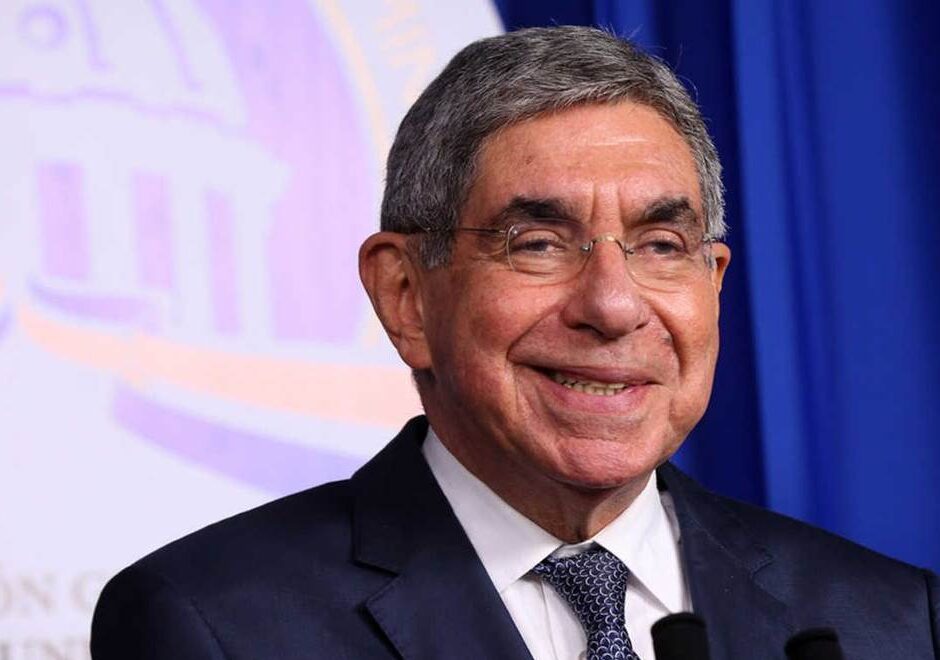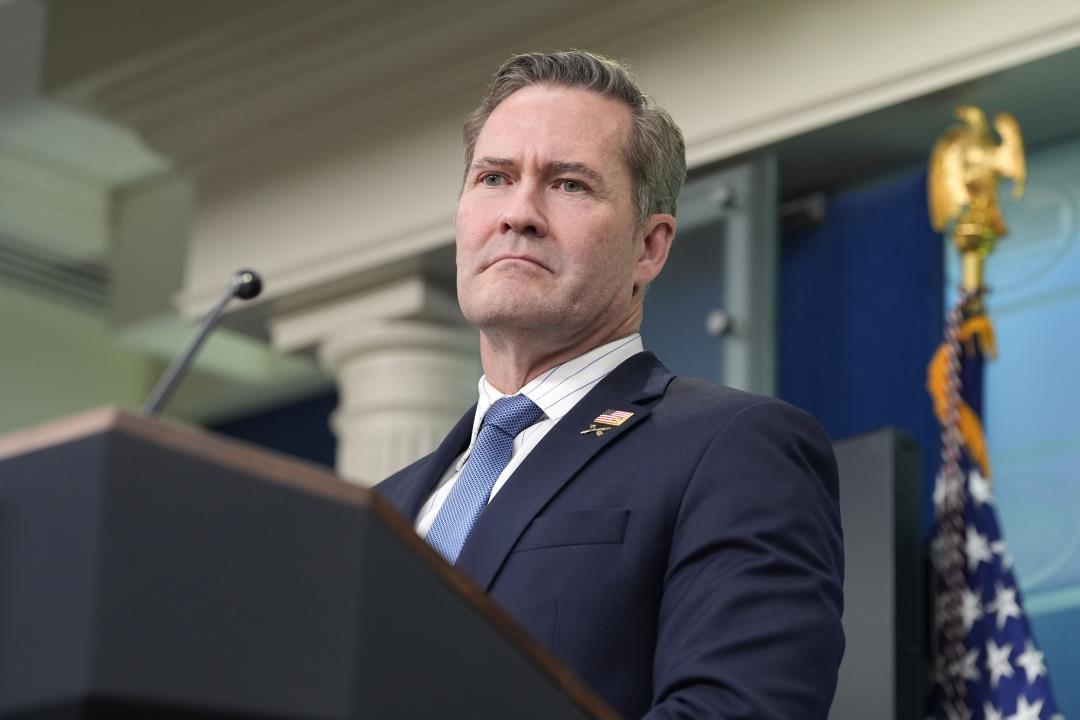Middle East Tensions Rise Amid Ceasefire Breaches
Explosive developments in Lebanon after Israeli strikes have prompted international responses, highlighting violations of ceasefire agreements and escalating regional tensions.
Published March 29, 2025 - 00:03am

Image recovered from arabnews.com
In a significant escalation of regional tensions, Israeli military actions against Hezbollah targets in Beirut's suburbs have drawn sharp criticism from international leaders. French President Emmanuel Macron condemned these strikes as 'unacceptable,' pointing out their breach of a fragile ceasefire agreement and their role in exacerbating tensions in Lebanon.
During a diplomatic visit to Paris, Lebanese President Joseph Aoun joined Macron, Syrian President Ahmad Al-Sharaa, and other regional leaders to discuss the precarious situation. Aoun criticized the Israeli attacks as continuous violations of the ceasefire terms brokered by France and the U.S. He urged the international community to hold Israel accountable and ensure adherence to the ceasefire, emphasizing Lebanon's commitment to peace and stability.
Macron, in a press conference with Aoun, reiterated France's unwavering support for Lebanon in overcoming its complex challenges. He highlighted Lebanon's need for institutional reform and economic stability, offering French expertise to improve Lebanon's energy sector and attract investments. Macron also advocated for UN peacekeeping deployments in sensitive regions of southern Lebanon under UNIFIL's aegis.
These strikes occurred against a backdrop of existing tensions between Israel and Hezbollah, with prior Israeli responses to rockets fired from Lebanon. The recent attack is the second since the ceasefire was established, underlining the fragile peace on the border. Israel's defense minister has vowed continued military responses against Hezbollah efforts perceived as threatening Israeli security.
The regional landscape's complexity was further illustrated by Lebanon's ongoing challenges, such as the Syrian refugee crisis and military coordination along the porous Lebanese-Syrian border. Recent meetings in Jeddah between Lebanese and Syrian ministers, with Saudi defense leadership, underscored efforts to stabilize the border and address security threats collaboratively.
Additionally, the upcoming international conference in Paris aims to gather support for Lebanon's reconstruction. Jean-Yves Le Drian, France's special envoy, has been tasked with securing commitments from key international donors, especially from Gulf nations vital for Lebanon's economic recovery.
The involvement of Greece and Cyprus in the discourse signals broader regional interests, notably in energy cooperation and geopolitical stability. As offshore gas prospects hold economic promise, these deliberations might yield partnerships to fortify Lebanon's energy sector, potentially easing regional tensions.
Thus, as Lebanon navigates this multifaceted crisis, reliant on both diplomatic avenues and community resilience, the role of international partners and regional agreements remains pivotal. The ongoing engagements between Lebanon, France, and other stakeholders highlight a concerted effort to mitigate conflict and support Lebanon's sovereignty amidst regional volatility.






